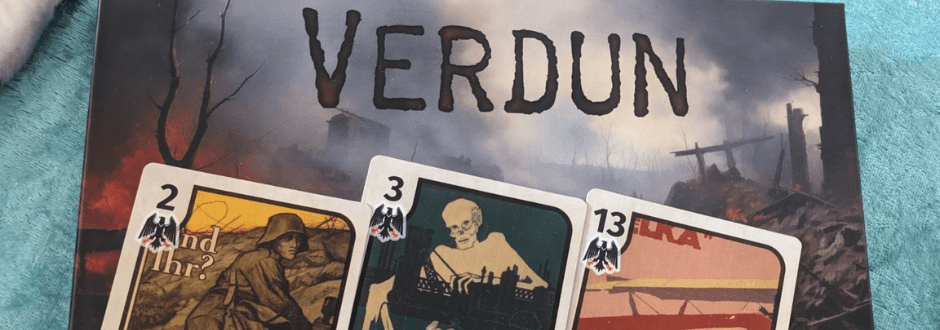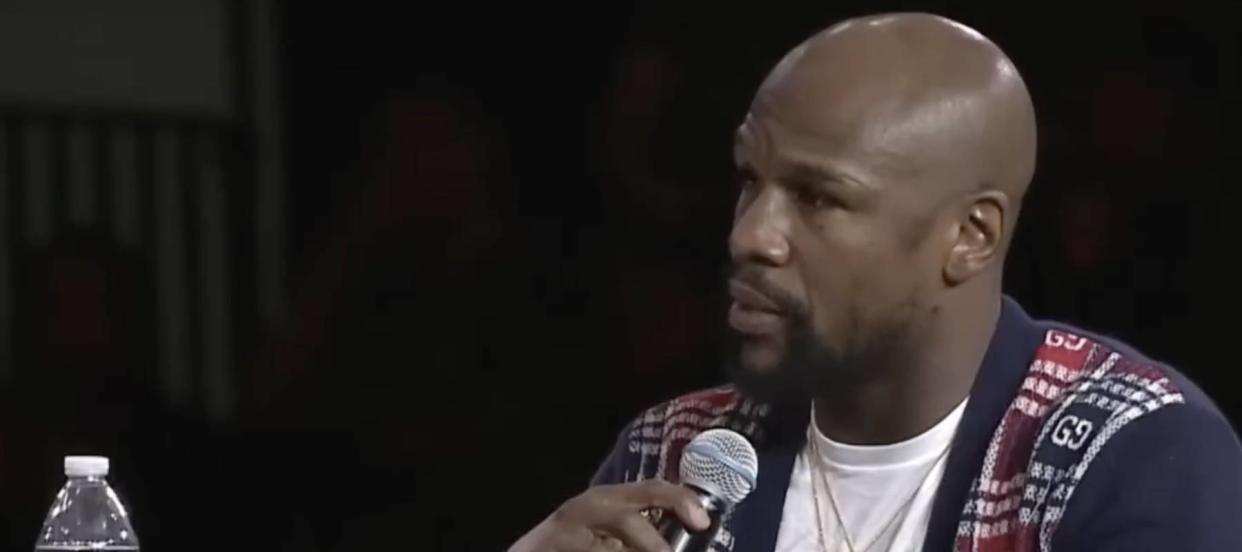
Once this part of the trick is resolved, it’s time to tally up those casualties, and you do that from the cards used in the trick. If you won that particular battle, then you put your lowest card in a scoring pile. If you lost, then it’s the highest card. When the end of the game is reached, the number of skulls on these scoring cards is counted, and these will be subtracted from the points you scored by claiming objectives. You need to think hard, then, about every single card you play. How big a gamble are you willing to take? Are you certain you can overcome or counteract whichever card your opponent is about to play? There’s also special cards to play – Scouts, Generals, Spies and Chaplains – as well as stratagems such as mustard gas and barrages to play, which can really crank up the brutality and the number of casualties.
Remember, there’s only two sides here – the German and the French – and you are not given the cards specifically for your army. All available cards are in the single deck that everyone has drawn from, a deck that has been shuffled. In your hand will be a mix of cards for your army and for that of your enemy. In a two player game you will each play two cards. You will have some decisions to make, then. Do you want to lead with your army’s biggest cards and hope to get lots of damage done early? Take that tactic and you might use up your heavy hitters too soon. Do you start by putting out the enemy’s cards first, playing the lower denominations first in the hope that you won’t take too many casualties yourself? Play this way and you might find you only have powerful cards for the opposing army left to play, and you could end up handing victory to your opponent.
The four player game is the real draw here (minor card-game pun there, and no, I won’t apologise), and for me it’s where Verdun plays best. The thing is, team mates should be sitting at opposing compass points, not next to each other, which prevents your buddy giving you a quick flash of your cards without the other team seeing what you’ve got. How well do you and your team mate work together?
You will feel that you are at war, and an old one at there, where communications are limited and you have to hope that you have read your enemy correctly and that your ally is on the same page as you. You will be forced to make moves where you are certain that your cards will cost you casualties, often in the hope that your next move will hurt your opponent more. Sacrifices will have to be made, and you need to time them right, or your losses will mount up rapidly.
At the end, your win will be a negative total. You will have the joy of victory, but then perhaps you will consider what that victory means, what it cost. You threw everything at your opponent and casualties racked up on both sides. It’s possibly the first game I’ve played that comes hand-in-hand with this notion of what cost victory comes at. It’s certainly the most explicit example of it. This notion of war’s cost is baked into the mechanics of Verdun
There’s plenty of scope here for after-match analysis, and lots of good-hearted passing of the blame – how could you not read my mind and know exactly which card I wanted you to play? On the other hand, there’s room for smugness in victory, proving once and for all that you and your partner of choice are the dream team.


